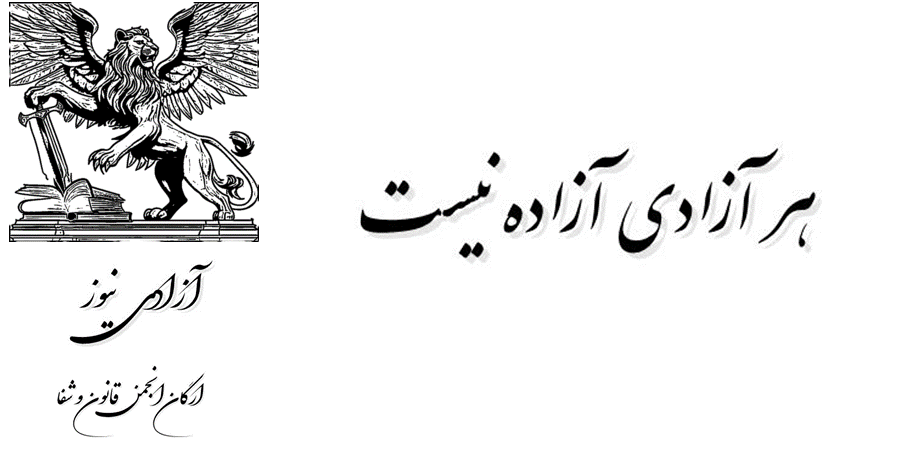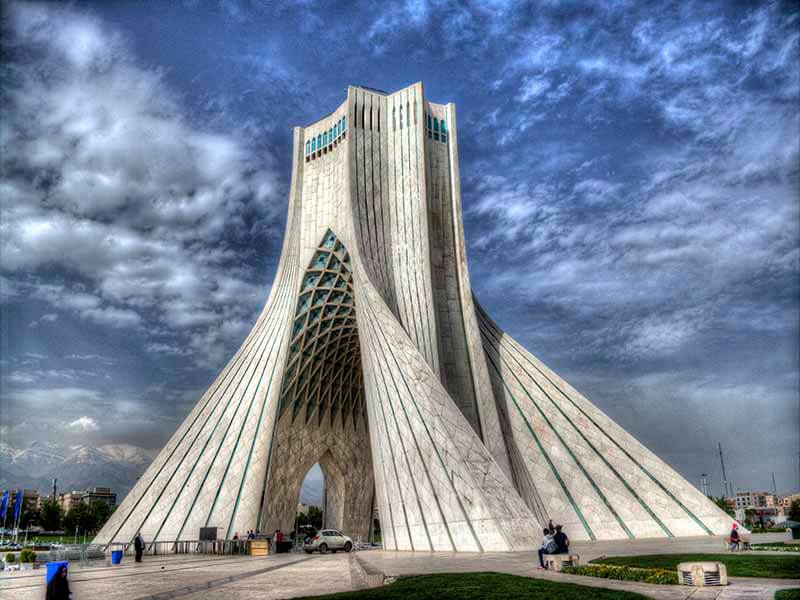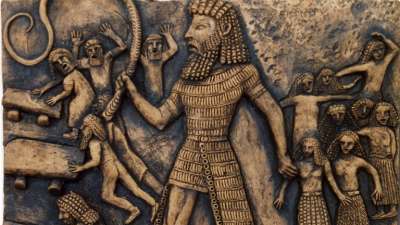Choosing such a horrifying title requires some reflection, especially at a time when Sudan, Gaza, and some parts of the world are facing famine and severe hunger.
However, the purpose of this title is the grand policies that lead to a nation being calm, complacent, and, as they say, “satisfied” over time. A nation that does not demand and cry out for its actions and thoughts, is content and diligent and makes optimal use of its tools, food, and possessions. Such a nation is the target of the ambitions of governments, and governments pursue various policies to satisfy the spiritual needs of the people and, metaphorically speaking, keep the people satisfied.
1- Religion
Religion is one of the oldest tools for keeping the minds of nations satisfied. Religious gatherings, rituals, ceremonies, and religious actions are means of keeping people’s minds content. The Quran says, “Surely, with the remembrance of Allah, hearts find rest.” 13(28) This heart assurance shows that in struggles, battles, and hardships, one can keep the mind from slipping. Other religions also strengthen people and give them the ability to perform some difficult thoughts. The need for further justification of the role of religion in the history of civilization and satisfying the spiritual needs of humans and giving them assurance of the afterlife which is culminating; however, the face of religion can be seen on a larger scale in building the civilizations in the Middle East, as well as India and Tibet. Numerous projects to build mosques and affordable places of worship are aimed at satisfying the souls of nations through religion.
2- Art
The role of art in satisfying the minds of people is an abstract one. Many do not know the way art is absorbed. A good film, a good piece of music establishes an eye-and-ear connection with people, but is this eye-and-ear connection the same as the satisfaction we rely on to satisfy the nation? Eye and ear connection is like the common advertising we see among programs.
Eye and ear connection does not provide the groundwork for satisfying the nation. A driver can listen to music for hours, but its lyrics may not be useful in his life. Some of the deepest poems and love songs have been written and sung in Iran in recent years, but apparently, the divorce rate has not decreased.
What is the difference between art that satisfies and art that does not keep the mind satisfied? Art that keeps the mind satisfied is art for which a price has been paid, a lifetime has been spent looking at it, and an effort has been made to understand it.
Cheapening art does not necessarily lead to satisfying the minds of nations, nor does cheapening the opposite gender, desire, and religion necessarily lead to satisfying the minds of nations. Instead, the destruction of lamassus (idols and stone structures) signifies a kind of spiritual warfare and also a war against the heritage of nations and their past and future. Egypt, as a country whose structures have survived partly from the time of paganism (such as the pyramids, Sphinx, etc.), is benefiting economically, politically, and spiritually from the heritage of its ancestors. Spiritual satisfaction with religion has an unseen and costly price and sometimes leads to the destruction of the nation’s future.
Satisfying and persuading the minds of the nation is the art of civilization. Having a government is not just about civilization. The Taliban in Afghanistan, despite governing Afghanistan (through violence and fear), will always be on the run to satisfy their minds because the Taliban does not have the art of satisfying the minds of the nation. This is also true of the Islamic Republic; the Islamic Republic, with unhealthy and poisoned food, mourning, ugly and superficial art, keeps the people in need. Structures with souls, such as Azadi Square (Shahyad), and magnificent national symbols like the Colosseum in Rome, Italy, are for satisfying the minds of nations and are built by governments that are responsible not only for war but also for building the civilization of their nations, which the Islamic Republic has not been.
The same Iranians and Afghans, in times of migration, create some of the most law-abiding individuals because they have paid the price for migration. But the demands of those people, who, with the dignity they pay to stay, and make up the majority of society, are for living in a civilization and national satisfaction that demands innovative, artistic, and wise methods.
Postscript: On the pretext of the three-year sentence of imprisonment of Shahin Hajipour and the conviction of making a song against America.
Dr. Amir Ali R. Davoudpour
Secretary of the Law and Healing Association
Email: davoudpour@canmedlaw.org



